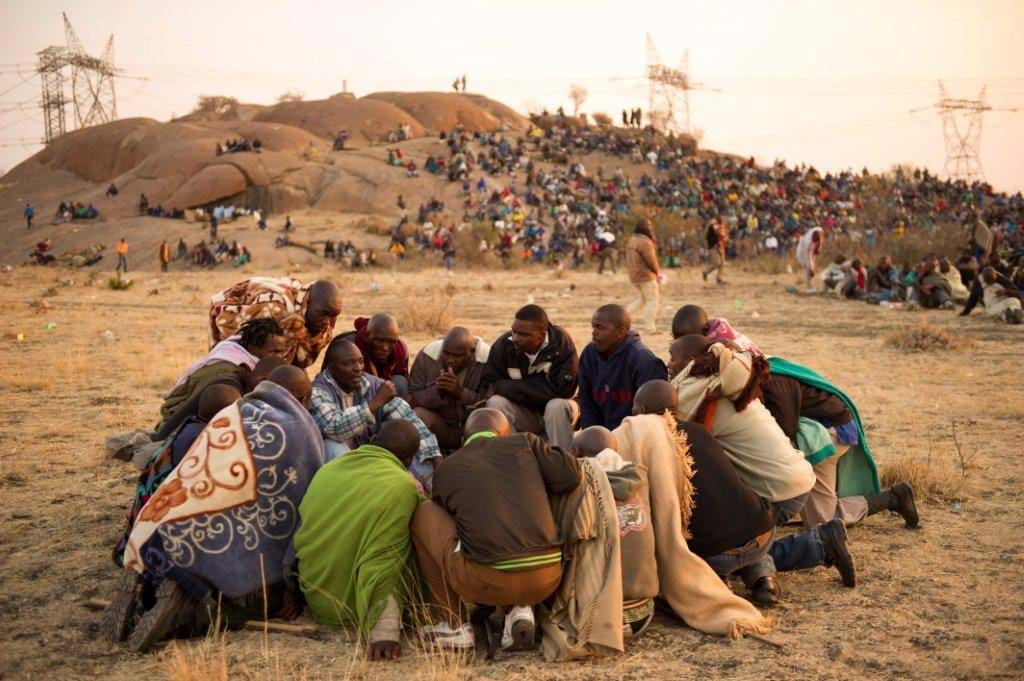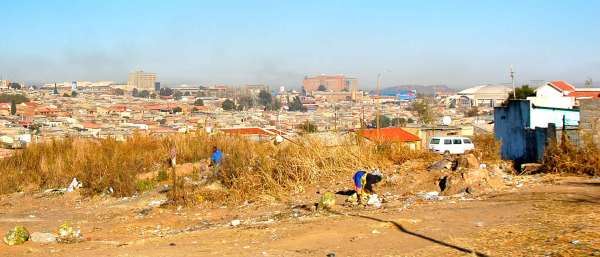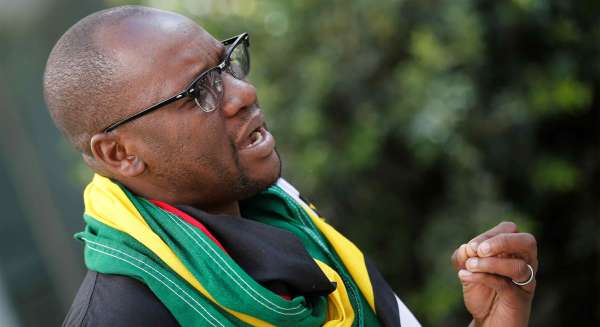 Greg Marinovich
Greg MarinovichIn 2012, South African police gunned down 34 miners in Marikana during the miners’ strike for a living wage. It was the most lethal use of force since apartheid. The majority of the miners were shot in the back or from long range. Government statements in response defied logic, blaming the miners for their own deaths. The police, state, and Lonmin mine officials all shirked responsibility and publicly portrayed the miners as violent thugs on the attack. Their narrative prevailed and, unsurprisingly, insulated officials from accountability.
But this “official” account wasn’t the whole story. And so this national tragedy highlights a social and legal imperative: We must fight to memorialize the people’s truth and disseminate that history as widely as possible.
Demanding truth and accountability
A short film, Bringing the Truth Home, documents efforts by the miners’ own communities and of the Socio-Economic Rights Institute of South Africa (SERI) to do just that. Most of the slain miners hailed from rural Eastern Cape, one of South Africa’s poorest regions. Following the massacre, the communities were left with unanswered questions and undignified accounts of their loved ones’ deaths. But the miners’ widows refused to allow injustice to prevail. For the past four years, these bereaved women have mobilized to demand the truth, accountability, and compensation for their deep loss.
Accessibility Statement
- All videos produced by the Ford Foundation since 2020 include captions and downloadable transcripts. For videos where visuals require additional understanding, we offer audio-described versions.
- We are continuing to make videos produced prior to 2020 accessible.
- Videos from third-party sources (those not produced by the Ford Foundation) may not have captions, accessible transcripts, or audio descriptions.
- To improve accessibility beyond our site, we’ve created a free video accessibility WordPress plug-in.
The widows fought to participate in and testify at the Marikana Commission of Inquiry, which produced an unsympathetic and severely limited report. Yet the families remain resolute: These women continue to preserve their husbands’ legacies, to hold the state accountable, and to pursue truth and justice in all spheres of society—from state institutions to local streets.
Across the Eastern Cape, SERI hosted screenings of the groundbreaking feature-length documentary Miners Shot Down. The film meticulously chronicles the miners’ struggle for a living wage of 12,500 rand (about $950) per month and the lethal police repression they were subjected to for advocating for their rights. Thousands of people attended the viewings and community discussions. Families, friends, neighbors, and chiefs gathered to bear witness to the truth they had always believed, but had never actually seen.
The film helps restore the miners’ dignity by refuting the claim that they attacked the police, with footage of their resistance against labor exploitation and police, state, and corporate collusion. Following the screenings, communities discussed the massacre’s impact on their lives—and what justice means to them.
In the film, Yolokazi Mati, daughter of slain miner Thembalakhe Mati, talks about the trauma of losing her father at the hands of her government. Her grief is exacerbated by the loss of her family’s sole income. “Our home depended on him for everything,” she says. “Now we have nothing to eat because of the police.”
Communities take control of their story
Now empowered with truth, the communities do not waver in their pursuit of accountability—legal, monetary, and social. For the families to be able to heal, they need public apologies, economic compensation, and prosecutions of those responsible. These steps are also crucial for South Africa to be able to live up to the ideals laid out in its world-renowned constitution, and to move beyond the lingering legacy of apartheid, an era when state-sanctioned, extrajudicial killings of activists was the norm.
In telling their own story—so contrary to the “official” narrative—and sharing it widely, the affected families and communities regained ownership over the Marikana massacre. Their ability to bring the truth home has shaped South Africa’s collective memory of the tragedy and disrupted the state’s attempt at a perverse historical fiction. Today, South Africans regularly commemorate the miners’ fight for a dignified life.
From South Africa to the United States, “alternative facts” proliferate and media outlets are under pressure from governments and companies alike. Too often around the world, it is the powerful and wealthy who write official histories. In challenging this status quo, the legacy of Marikana inspires us to make our own voices heard and ensure that our own truths are documented for generations to come.


